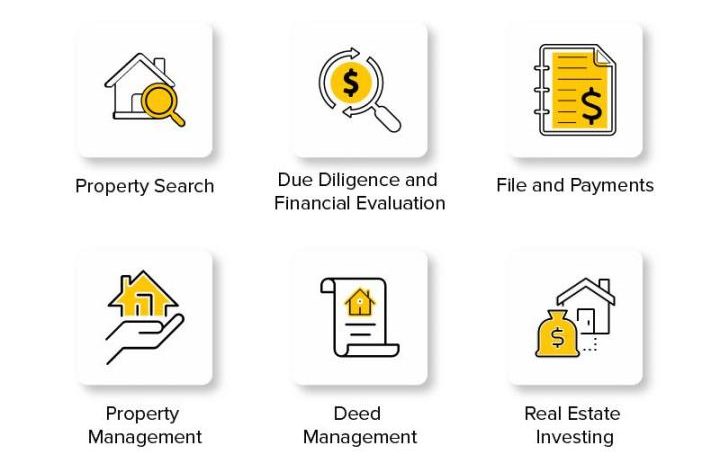Exploring the Potential of Blockchain in Real Estate Transactions

Exploring the Potential of Blockchain in Real Estate Transactions
How Blockchain Technology is Revolutionizing Real Estate Transactions
Blockchain technology, originally introduced to support cryptocurrencies like Bitcoin, has now expanded its potential to revolutionize various industries, including real estate. By establishing a decentralized and secure system for recording and verifying transactions, blockchain can overcome many of the challenges faced in traditional real estate transactions. Let’s delve deeper into the potential of blockchain technology in the real estate industry.
1. Enhanced Transparency and Security
In traditional real estate transactions, fraud and disputes are not uncommon due to lack of transparency. With blockchain, every transaction is recorded on a transparent and immutable ledger, making it nearly impossible to tamper with records. This transparency boosts buyer confidence and minimizes the risk of fraudulent activities.
2. Streamlined Property Ownership Transfer
The process of transferring property ownership usually involves numerous intermediaries, paperwork, and long waiting periods. These inefficiencies can often lead to delays and higher costs. By using blockchain, the transfer of property ownership can be streamlined through smart contracts. Smart contracts automatically execute once predefined conditions are met, eliminating the need for intermediaries and reducing transaction time and costs.
3. Fractional Ownership and Tokenization
Blockchain enables fractional ownership and tokenization of assets, allowing individuals to invest in real estate with smaller amounts of capital. Through tokenization, property ownership can be divided into digital tokens, making it easier for investors to buy and sell shares of a property. This opens up new opportunities for real estate investment and liquidity.
Frequently Asked Questions (FAQs)
Q1: How secure is blockchain for real estate transactions?
Blockchain technology is highly secure due to its decentralized nature. Each transaction is encrypted and linked to the previous transaction, forming a “chain” that is almost impossible to alter. This makes blockchain technology an ideal solution for eliminating fraud and enhancing the security of real estate transactions.
Q2: Is blockchain technology widely adopted in the real estate industry?
While the real estate industry is still in the early stages of adopting blockchain technology, its potential benefits are gaining attention. Many real estate companies and startups are exploring various use cases and piloting projects to leverage blockchain technology for improved transaction efficiency.
Q3: Can blockchain reduce the cost of real estate transactions?
Yes, blockchain technology has the potential to reduce the cost of real estate transactions significantly. By eliminating intermediaries, streamlining processes, and reducing the risk of fraud, blockchain can minimize transaction costs associated with paperwork, legal fees, and administrative overhead.
Conclusion
Blockchain technology has immense potential to transform the real estate industry by enhancing transparency, simplifying property ownership transfer, and enabling fractional ownership. Although adoption is still in its early stages, the benefits it offers for real estate transactions are undeniable. As the technology continues to mature, we can expect increased efficiency, reduced costs, and improved security in real estate transactions.
By embracing blockchain technology, the real estate industry can enhance trust, boost investment opportunities, and streamline processes for the benefit of all stakeholders involved. It’s exciting to witness the potential impact that blockchain will have on the future of real estate transactions.



